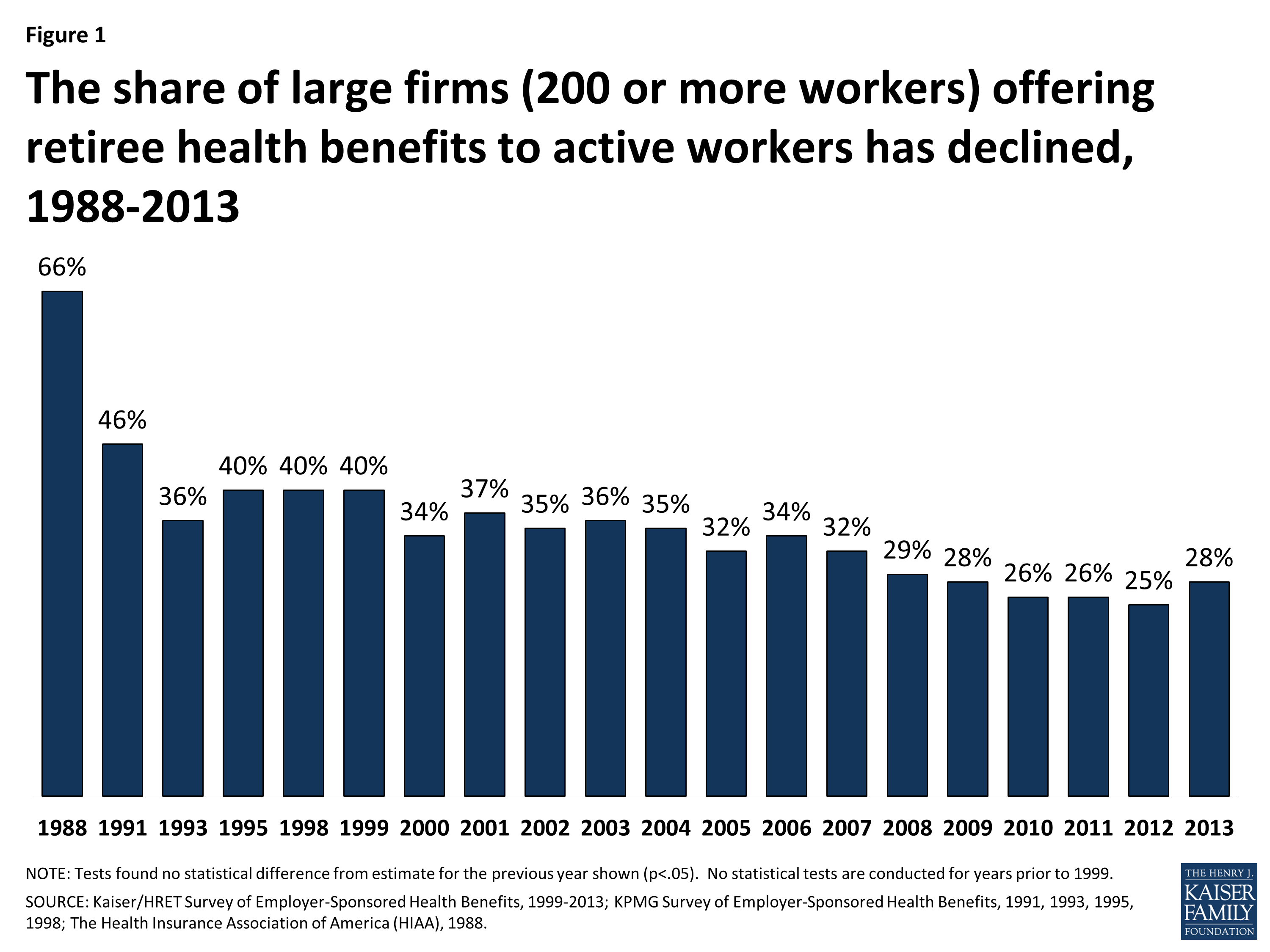- Joined
- Aug 10, 2013
- Messages
- 25,023
- Reaction score
- 31,517
- Location
- Cambridge, MA
- Gender
- Male
- Political Leaning
- Slightly Liberal
What has changed to move you into the maybe camp?
Given the experience of the last decade and a half, I find four arguments increasingly persuasive.
1. The administrative complexity of the current multi-payer system is untenable. Navigating varying coverages, and provider networks, and payment policies is maddening for everyone involved, sapping not only energy and resources better directed elsewhere but also contributing to a dehumanizing experience for anyone unfortunate enough to have to navigate the health care system. Americans spend infuriating time trying to track down answers to questions that arguably shouldn't even have to be asked. As I noted somewhere above, it’s very evident at this point that people much prefer simplicity and paternalism to the responsibility and burden of the decision-making required of people navigating the marketplace on their own (even when the choice architecture is deliberately simplified for them).
2. The juice isn't worth the squeeze when it comes to the multi-payer landscape of private insurers. Whatever benefits theoretically ought to accrue from choice and competition are outweighed by a rash of well-documented bad behavior on the part of private payers, including but not limited to: failing to adequately inform their beneficiaries of the services to which they're entitled; using technology to deny claims without medical review; bilking employers out of the funds they're putting up to pay their employees' health expenses; negotiating substantially higher prices for their (or their employer clients') privately insured patients than for their Medicare business; denying care for Medicaid-insured patients at higher rates than others; inflating the federal payments they get to insure Medicare beneficiaries; and straight up tricking old folks during the Medicare sign-up process.
3. There are no obviously easier ways than something like single-payer to tackle one of the primary challenges we have, which is how to distribute the costs of health care in a fair, rational, equitable way. Health care hasn't gotten more expensive for society since the Affordable Care Act passed thirteen years ago--today it comprises roughly the same shares of GDP and per capita income that it did just before the ACA passed. Yet if people feel like health care has gotten relatively more expensive since then, it suggests income inequality and the way we distribute health care costs across the population may be a bigger problem than actual health care cost growth, at least recently. I underestimated how much the cost curve would bend post-ACA, and yet overestimated how much achieving that would be felt by people. That suggests that a larger system-wide approach to spreading the load equitably is going to be needed.
4. As long as we continue to use people to deliver care, a continuously rising cost burden is likely inevitable. Long-term, if you believe the cost disease hypothesis then (notwithstanding the pause over the past thirteen years in the wake of the ACA) we're destined for health care to take up an ever-greater share of our economy and it's a little hard to envision how we reasonably distribute health care costs using our multi-payer premium-based system when health care takes up 40, 50, 60 percent or more of GDP. This is essentially a longer-term version of point 3.





